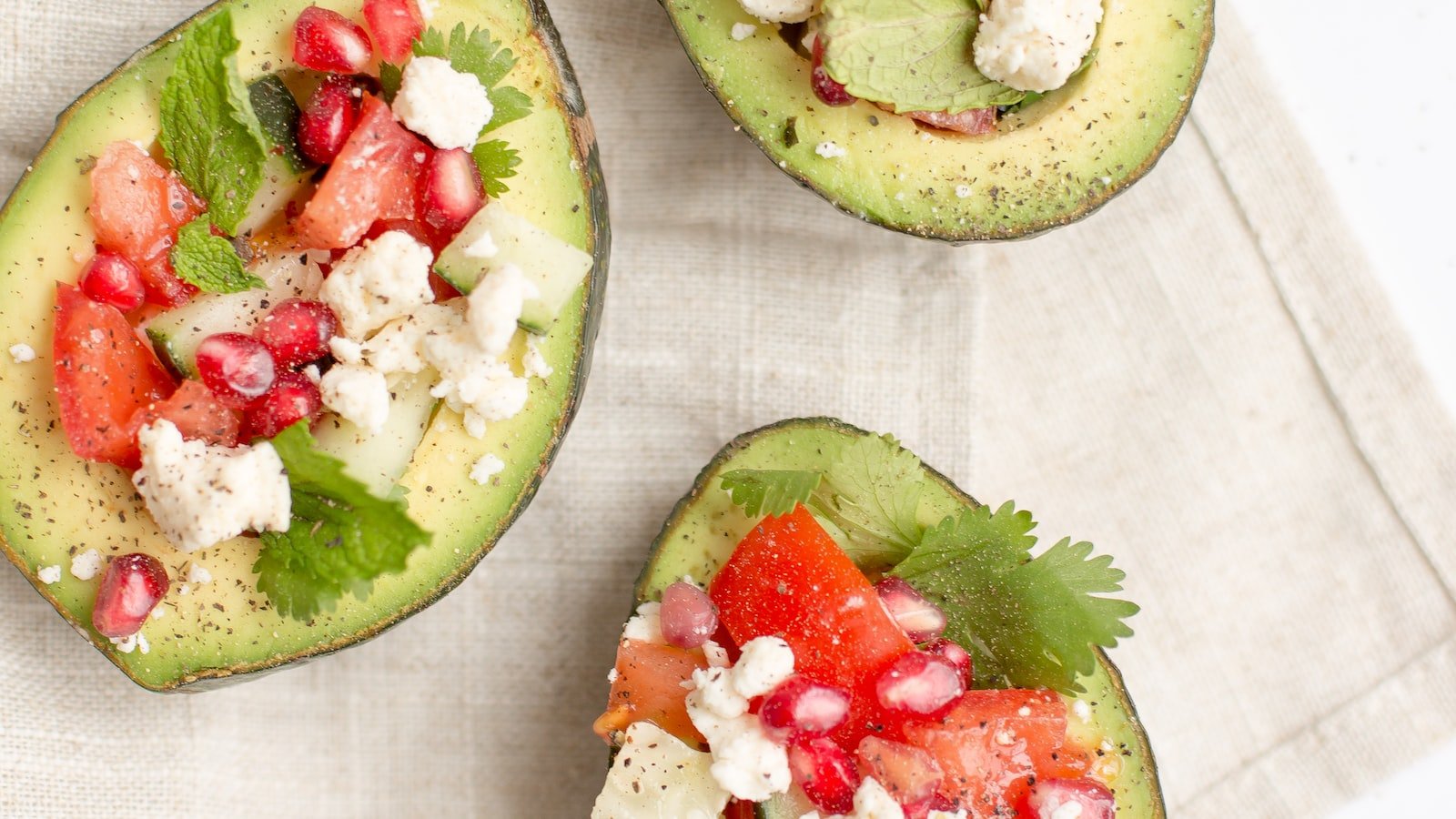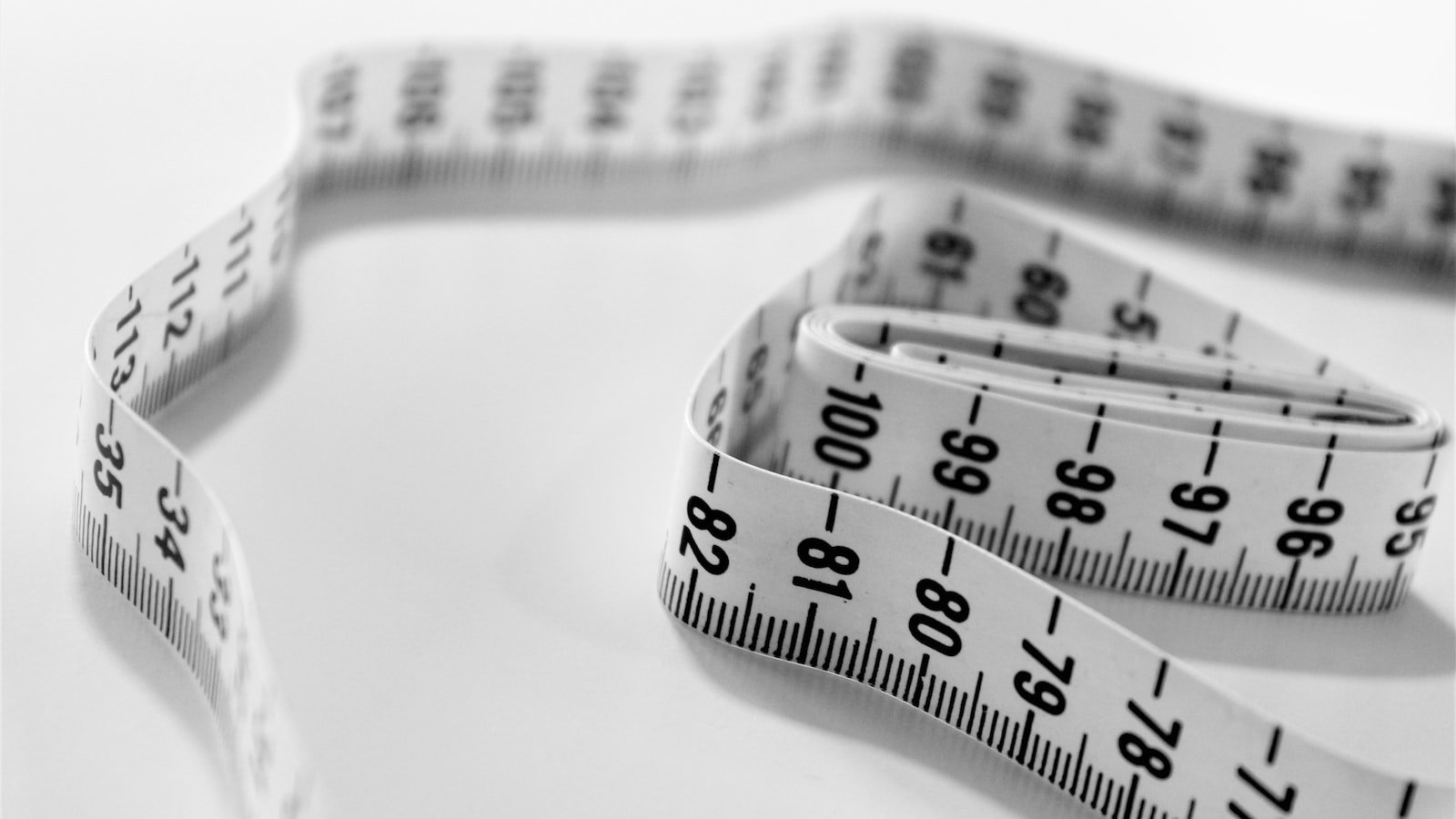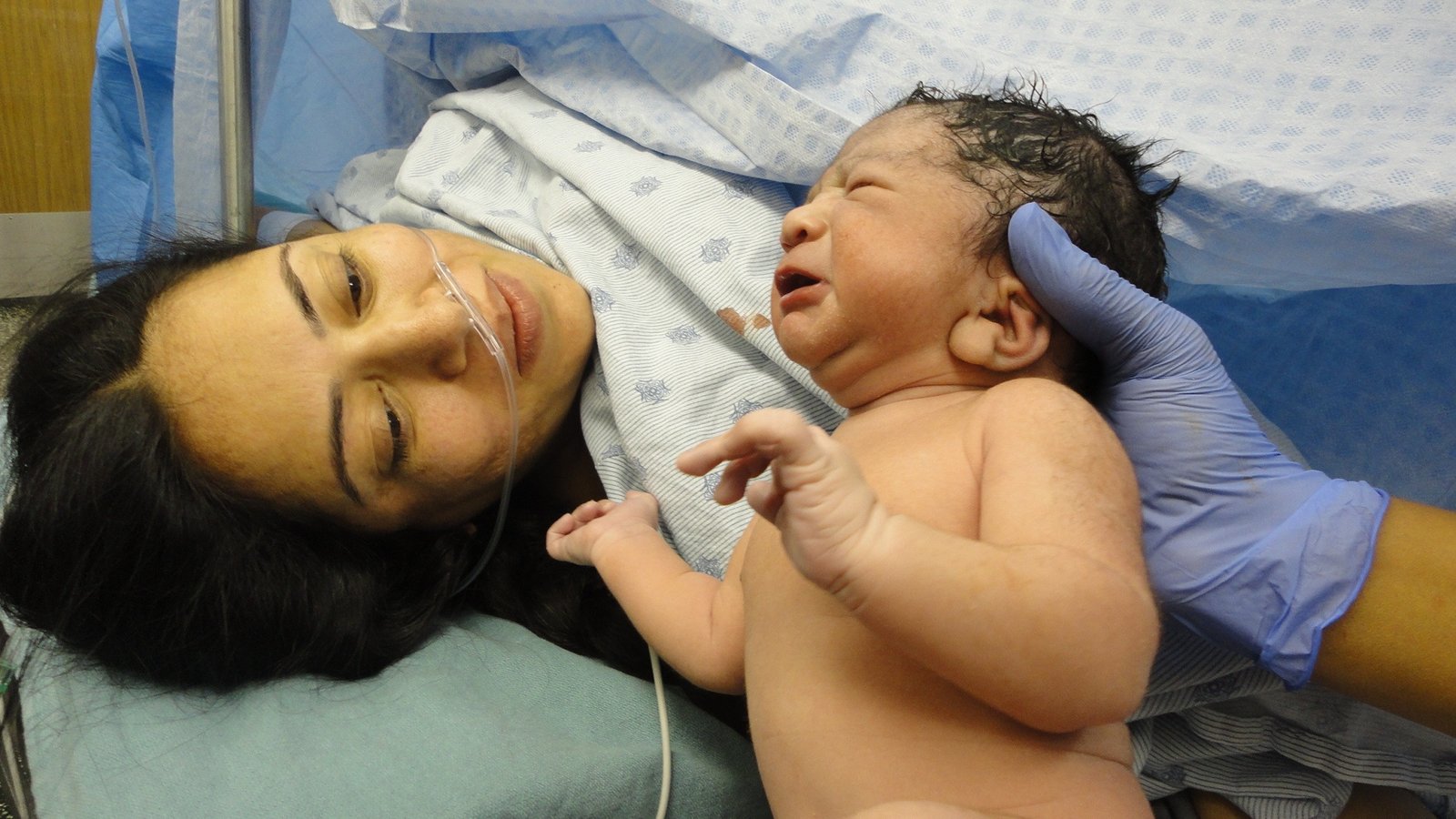Embracing the journey of motherhood is both a mesmerizing and demanding chapter in a woman’s life. As a new mom, your primary concern is ensuring the well-being of your little bundle of joy. Yet, amidst the sleepless nights and endless diaper changes, it’s crucial not to overlook your own health. The postpartum period brings about a myriad of changes in a woman’s body, including a weakened immune system. However, fear not, for there is an array of nutrition tips specifically crafted to boost your immunity and nurture your body during this transformative phase. Discover the secrets to vibrant health that will allow you to fully embrace motherhood with vitality and resilience.
Table of Contents
- Harness the Power of Nutrition in Building a Strong Immune System After Giving Birth
- Optimize Your Postpartum Diet: Key Nutrients to Support Immunity and Recovery
- Eating Well for Immune Health: Expert-Backed Dietary Recommendations for New Moms
- Nourishing Foods to Include in Your Postpartum Diet to Boost Immunity
- Revitalize Your Body and Safeguard Your Health Through a Vibrant Postpartum Diet
- Q&A
- To Wrap It Up

Harness the Power of Nutrition in Building a Strong Immune System After Giving Birth
After the incredible journey of pregnancy and the miraculous experience of giving birth, it is essential to focus on rebuilding your strength and boosting your immune system. Nutrition plays a vital role in this process, as it provides the necessary vitamins and minerals to support your body’s healing and recovery.
One of the key nutrients to prioritize is vitamin C. This powerful antioxidant helps strengthen your immune system and aids in the production of collagen, supporting tissue repair. Incorporate foods rich in vitamin C into your diet, such as oranges, strawberries, bell peppers, and kiwis. You can also consider opting for a vitamin C supplement to ensure an adequate intake.
Additionally, don’t forget about the importance of zinc. This mineral acts as an immunity booster and aids in the healing process. Include foods like lean meats, seafood, whole grains, and legumes in your meals for a good source of zinc. If you’re breastfeeding, it’s particularly crucial to meet your nutritional needs to support both your own health and provide optimal nutrition for your baby.
- Focus on incorporating immune-boosting foods:
- Leafy greens such as spinach and kale
- Probiotic-rich foods like yogurt and fermented vegetables
- Garlic and ginger – both packed with immune-boosting properties
- Healthy fats from avocados, nuts, and seeds
Remember to stay hydrated by drinking plenty of water and herbal teas. Hydration is crucial for maintaining a healthy immune system and promoting overall well-being. Prioritize a balanced and nutrient-rich diet to harness the power of nutrition and build a strong immune system after giving birth.

Optimize Your Postpartum Diet: Key Nutrients to Support Immunity and Recovery
After giving birth, it is crucial to prioritize your postpartum diet to support both your immune system and recovery. Providing your body with essential nutrients can help replenish depleted stores and promote overall well-being. Here are some key nutrients that should be incorporated into your diet:
1. Protein:
Including sufficient protein in your postpartum diet is essential for repairing and rebuilding tissues, especially after the physical stress of childbirth. Aim for lean sources of protein such as poultry, fish, beans, and tofu.
2. Vitamin C:
Vitamin C is known for its immune-boosting properties and can contribute to a quicker recovery postpartum. Incorporate citrus fruits, strawberries, bell peppers, and leafy greens into your meals to ensure an adequate intake.
3. Iron:
Your body’s iron stores may have been depleted during pregnancy and childbirth, so it’s crucial to replenish them. Iron-rich foods like spinach, lean red meat, beans, and fortified cereals can help prevent anemia and support your energy levels during this demanding period.
4. Omega-3 Fatty Acids:
Omega-3 fatty acids play a vital role in reducing inflammation and promoting brain health. Include fatty fish like salmon and trout, flaxseeds, chia seeds, and walnuts to support your recovery and your baby’s development if you are breastfeeding.
Remember to stay hydrated and focus on consuming whole, nutrient-dense foods to optimize your postpartum diet. Additionally, consult with a healthcare professional or registered dietitian to tailor your diet to your individual needs and circumstances.

Eating Well for Immune Health: Expert-Backed Dietary Recommendations for New Moms
As a new mom, maintaining a healthy immune system is essential not only for your own wellbeing but also for your little one’s. Luckily, experts have identified specific dietary recommendations that can help boost your immune health during this important phase of motherhood. By incorporating these expert-backed suggestions into your daily meal plans, you can provide your body with the necessary nutrients to support your immune system and keep you feeling your best.
To promote a strong immune system, experts recommend the following dietary considerations for new moms:
- Emphasize Fruits and Vegetables: Including a rainbow of fruits and vegetables in your diet provides a wide range of vitamins, minerals, and antioxidants that are crucial for immune function.
- Include Lean Proteins: Consuming lean proteins such as poultry, fish, eggs, and legumes offers important amino acids for the production of immune cells.
- Don’t Forget Healthy Fats: Incorporating sources of healthy fats like avocados, nuts, seeds, and olive oil supports the absorption of fat-soluble vitamins and aids inflammation regulation.
- Select Whole Grains: Opt for whole grain options like brown rice, whole wheat bread, and quinoa, as they provide valuable fiber and essential nutrients to support immune function.
- Stay Hydrated: Adequate hydration is key for overall health, including immune support. Aim for at least 8 cups of water per day
By following these expert-backed dietary recommendations, you can nourish your body with the necessary nutrients to bolster your immune health as you navigate the joys and challenges of new motherhood. Prioritizing your wellbeing ensures both you and your little one are set up for a healthy and happy journey together.
Nourishing Foods to Include in Your Postpartum Diet to Boost Immunity
As a new mother, it is important to pay attention to your diet to boost your immune system and promote overall well-being. Including nourishing foods in your postpartum diet can help strengthen your body and provide the necessary nutrients. Here are some excellent choices to consider:
- Dark Leafy Greens: Spinach, kale, and Swiss chard are packed with vitamins, minerals, and antioxidants that can enhance your immune system.
- Citrus Fruits: Oranges, lemons, and grapefruits are rich in vitamin C, which supports immune function and aids in the absorption of iron.
- Probiotic-Rich Foods: Yogurt, kefir, and fermented vegetables like sauerkraut contain beneficial bacteria that promote a healthy gut and strengthen your immune system.
- Lean Proteins: Incorporate lean proteins like chicken, fish, and beans into your meals. They provide essential amino acids for tissue repair and support immune cell production.
- Colorful Berries: Blueberries, strawberries, and raspberries offer a range of antioxidants that strengthen your immune system and contribute to overall health.
- Healthy Fats: Avocado, nuts, and seeds are rich in omega-3 fatty acids, which have anti-inflammatory properties and support immune function.
- Whole Grains: Include whole grains like quinoa, brown rice, and oats in your diet for fiber, vitamins, and minerals that support a healthy immune system.
Remember, a varied and balanced diet is key to providing your body with the nutrients it needs during the postpartum period. These nourishing foods will not only boost your immune system but also contribute to your overall well-being as you navigate the beautiful journey of motherhood.
Revitalize Your Body and Safeguard Your Health Through a Vibrant Postpartum Diet
Welcoming a new life into the world is undoubtedly an incredible experience, but it also places significant demands on a woman’s body. After childbirth, it is crucial to prioritize self-care and nourishment to aid in the postpartum recovery process. A vibrant postpartum diet can play a pivotal role in revitalizing your body, boosting energy levels, and promoting overall well-being.
Here are a few essential elements to consider when crafting your postpartum diet:
- Hydration: Drink ample amounts of water throughout the day to support your body’s healing and milk production.
- Nutrient-rich foods: Focusing on whole, unprocessed foods such as fruits, vegetables, lean proteins, whole grains, and healthy fats ensures you receive a variety of essential vitamins and minerals.
- Iron-rich foods: Incorporating iron-rich foods like leafy greens, legumes, red meat, and fortified cereals can help replenish your iron stores and prevent anemia.
- Omega-3 fatty acids: Incorporate sources of omega-3 fatty acids such as fatty fish (salmon, sardines), chia seeds, flaxseeds, and walnuts, which support brain function and aid in postpartum depression prevention.
- Probiotics: Including probiotic-rich foods like yogurt, kefir, sauerkraut, and kimchi can promote gut health and aid digestion.
Remember, each woman’s nutritional needs are unique, so it’s essential to consult with your healthcare provider or a registered dietitian to create an individualized postpartum diet plan that best suits your body’s requirements. Prioritizing your well-being through a vibrant diet will not only pave the way for a healthier postpartum recovery but also ensure you have the energy needed to care for your newborn bundle of joy!
Q&A
1. Why is it important to focus on boosting immunity postpartum?
Boosting immunity postpartum is crucial as a mother’s body needs to recover from childbirth and support the demands of breastfeeding. A strong immune system helps protect both the mother and the baby from illnesses and infections.
2. What are some important nutrients for postpartum moms to include in their diet?
Nutrients like vitamin C, zinc, and iron are essential for postpartum moms to support their immune system. Including whole foods like citrus fruits, leafy greens, lean meats, and legumes can help ensure an adequate intake of these nutrients.
3. Are there any specific foods or drinks that can boost immunity postpartum?
Yes, certain foods and drinks can enhance postpartum immunity. Including probiotic-rich foods like yogurt and kefir can support a healthy gut, while consuming antioxidant-rich foods like berries and green tea can strengthen the immune system.
4. How can sleep and stress affect postpartum immunity?
Lack of sleep and high stress levels can negatively impact postpartum immunity. Getting enough rest and practicing stress-reducing techniques like meditation or deep breathing exercises are important to support a healthy immune system.
5. Can dietary supplements help in boosting postpartum immunity?
Dietary supplements may be helpful in boosting postpartum immunity, but it’s important to consult with a healthcare professional before taking any supplements. They can guide you on safe and appropriate options based on your individual needs.
6. Are there any foods that postpartum moms should avoid for optimal immunity?
Postpartum moms should avoid highly processed and sugary foods as they can weaken the immune system. It’s best to focus on a balanced diet that includes a variety of nutrient-dense foods for optimal immune support.
7. How does regular physical activity contribute to postpartum immunity?
Engaging in regular physical activity can strengthen the immune system postpartum. Exercise helps improve circulation and promotes the release of endorphins, which contribute to overall well-being and a healthy immune response.
8. Can breastfeeding have any positive impacts on postpartum immunity?
Yes, breastfeeding offers numerous benefits for postpartum immunity. Breast milk contains antibodies and immune-boosting components that help protect both the mother and the baby from infections, enhancing their overall immunity.
To Wrap It Up
As we conclude this captivating journey through the realm of postpartum nutrition, we hope that you have embarked upon a path of newfound understanding and insight into the boundless power of your own body. Remember, dear mothers, that you possess an unyielding strength within that can conquer any challenge that awaits.
As you navigate the tender path of motherhood, nurturing both your little ones and your own well-being, let these nutrition tips be your guiding stars. Embrace the richness of vibrant fruits and vegetables, revel in the tantalizing flavors of wholesome foods, and savor each nourishing bite. Fuel your body and soul with the essence of nature’s finest offerings, for they hold the key to fortifying your immunity.
With diligent care, may you find solace in integrating antioxidants, vitamins, and minerals into your diet, and revel in the knowledge that you are bestowing upon your body the armor it needs to thrive and protect. Remember, dear mothers, that it is in nurturing yourself that your light truly shines, allowing you to best care for those who depend on you.
Embrace the joyous journey of crafting a truly magnificent postpartum diet, forging a path of wellness that will ripple across generations to come. Celebrate your extraordinary ability to nourish, to heal, and to thrive. For you are not just mothers; you are the embodiment of resilience, the guardians of flourishing lives.
So, dear mothers, as you bid farewell to this enlightening voyage through the realm of postpartum nutrition, may you carry with you the essence of vitality, the wisdom of nourishment, and the strength to face any obstacle. Cherish every moment, embrace the magic of self-care, and let your immunity soar to infinite heights.
As an affiliate, my content may feature links to products I personally use and recommend. By taking action, like subscribing or making a purchase, you’ll be supporting my work and fueling my taco cravings at the same time. Win-win, right?
Want to read more? Check out our Affiliate Disclosure page.